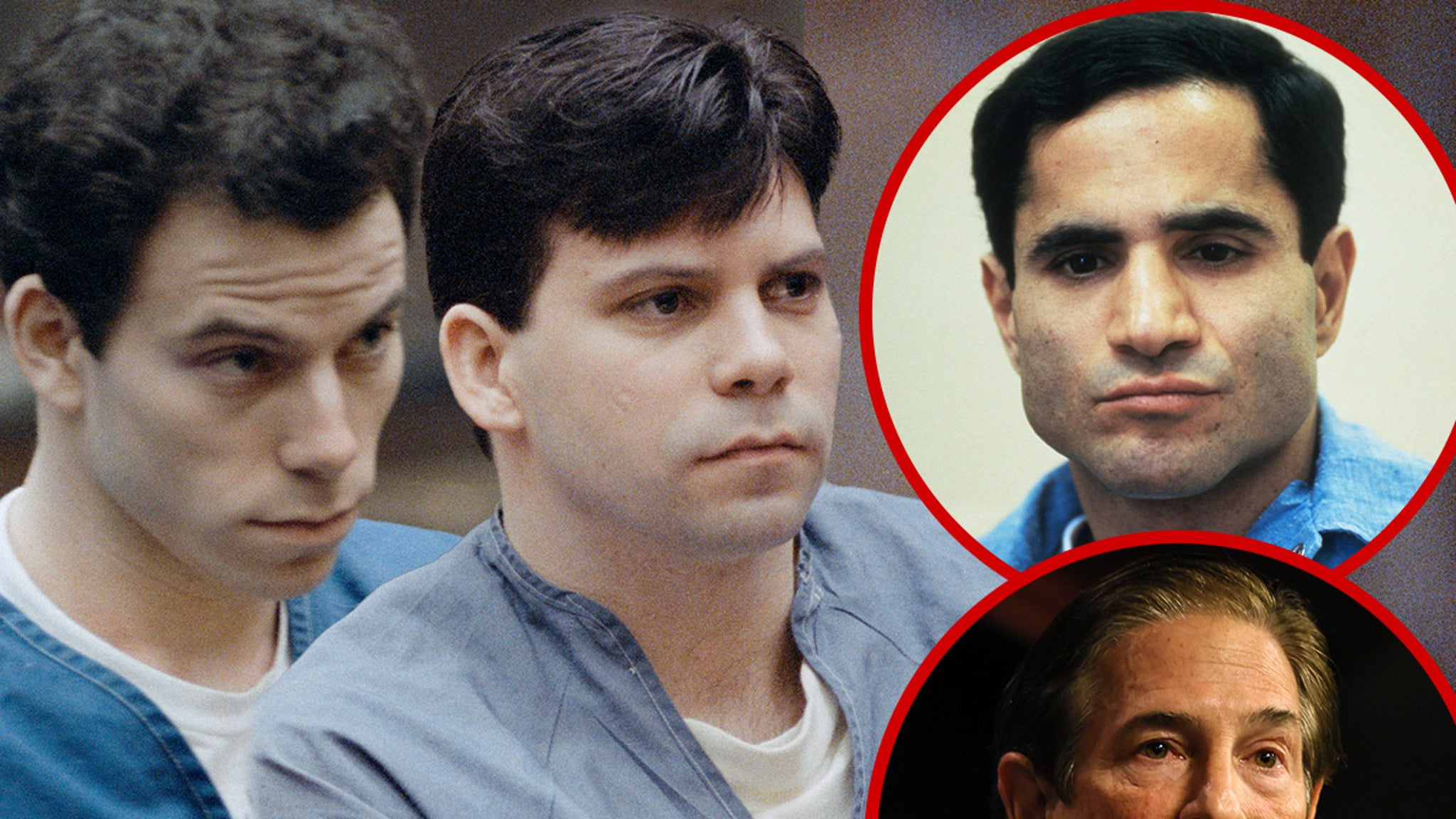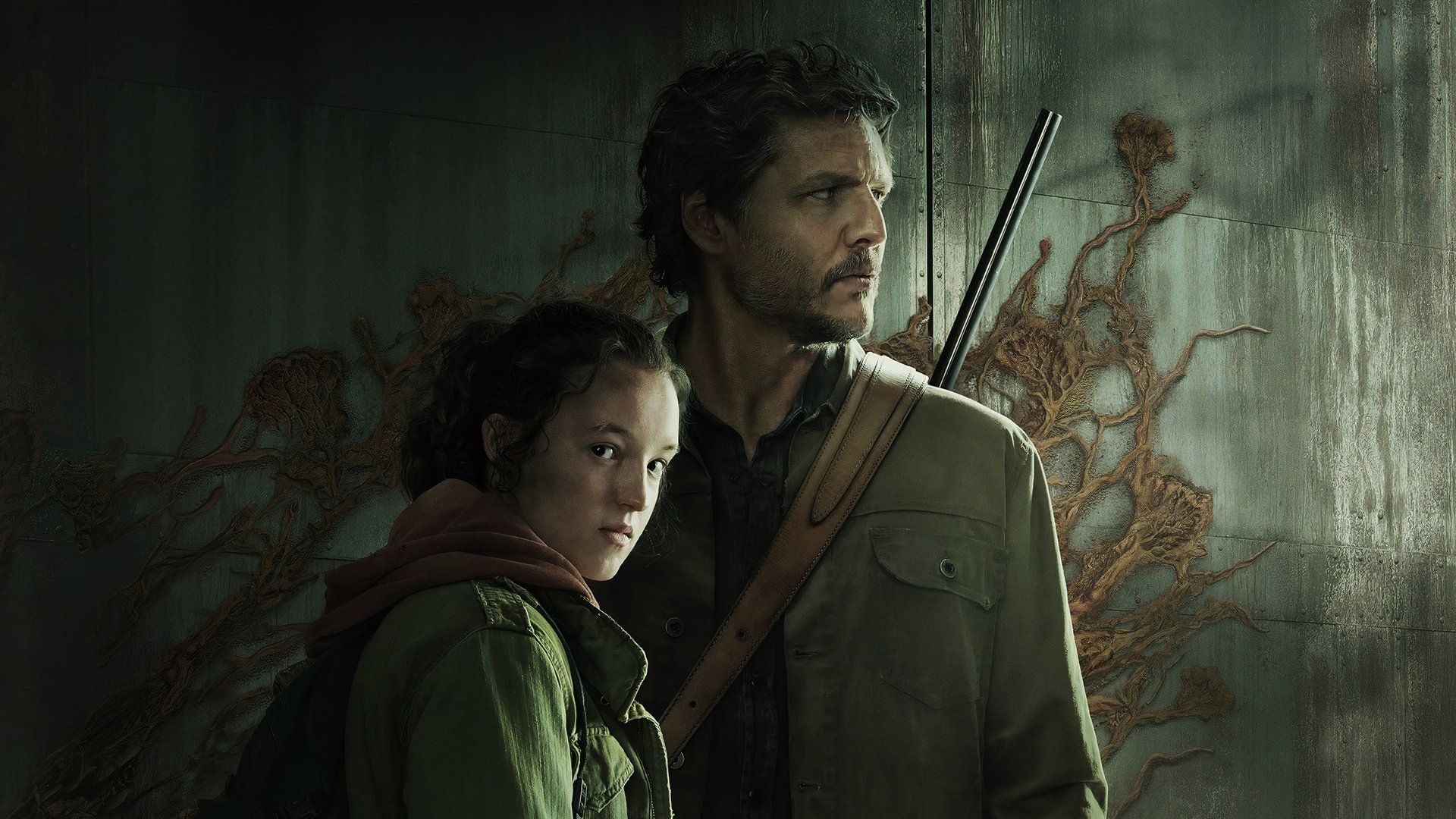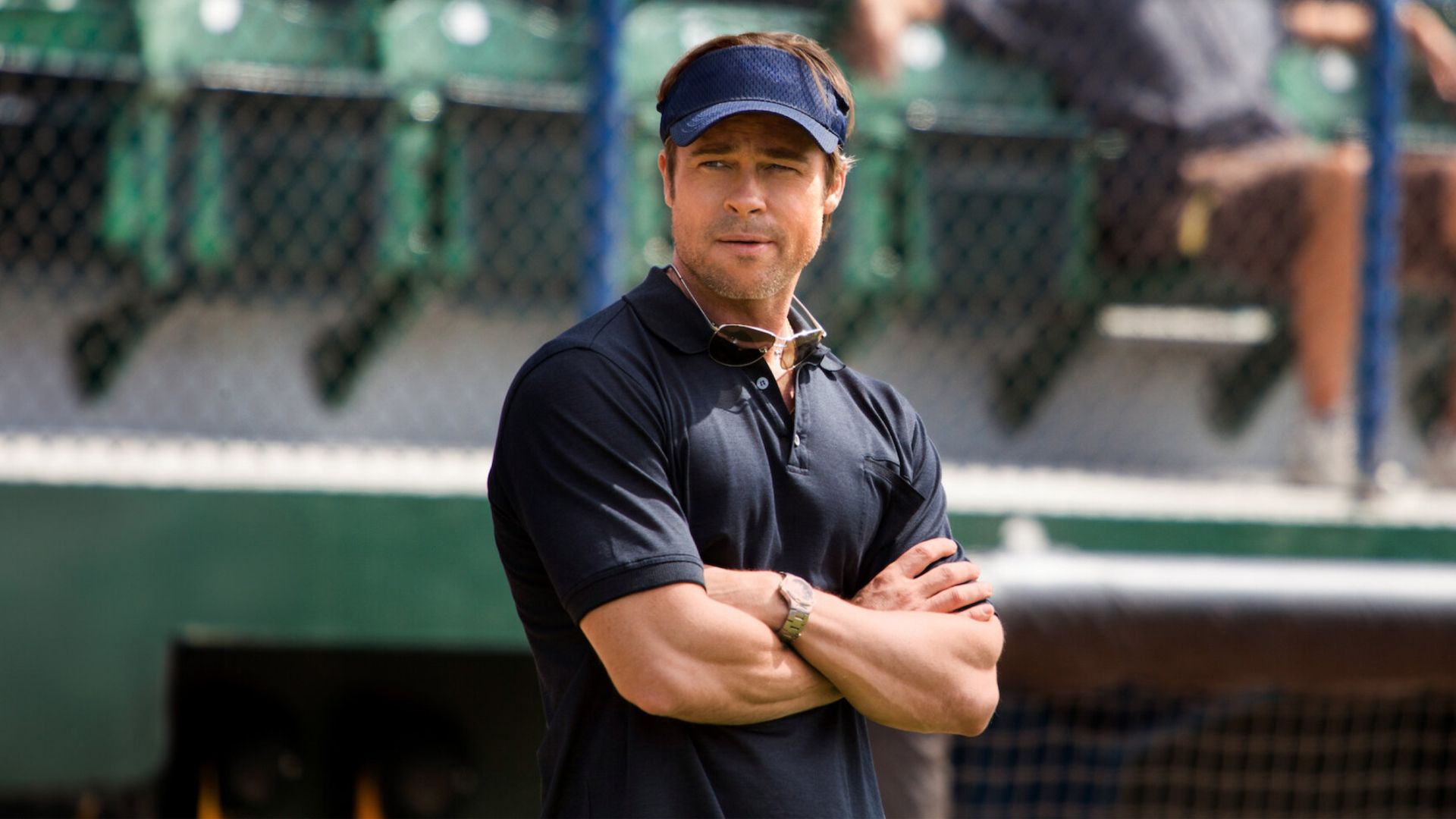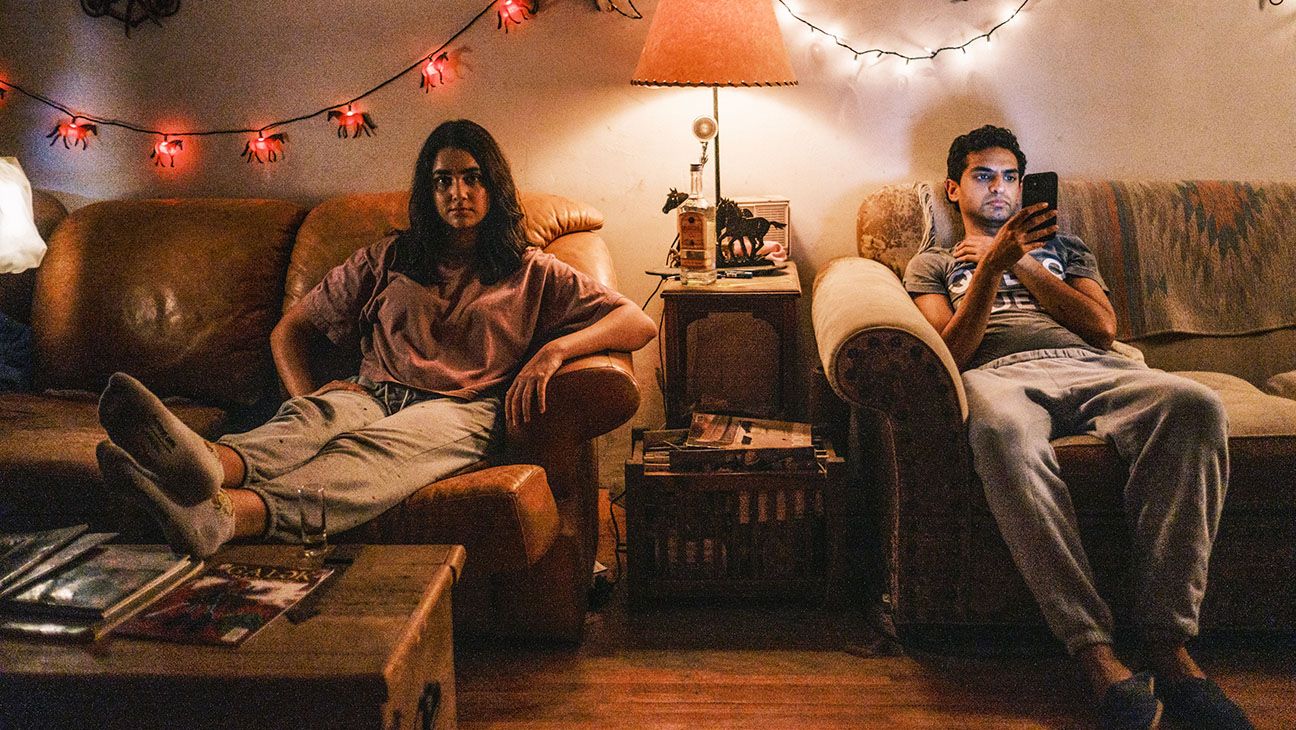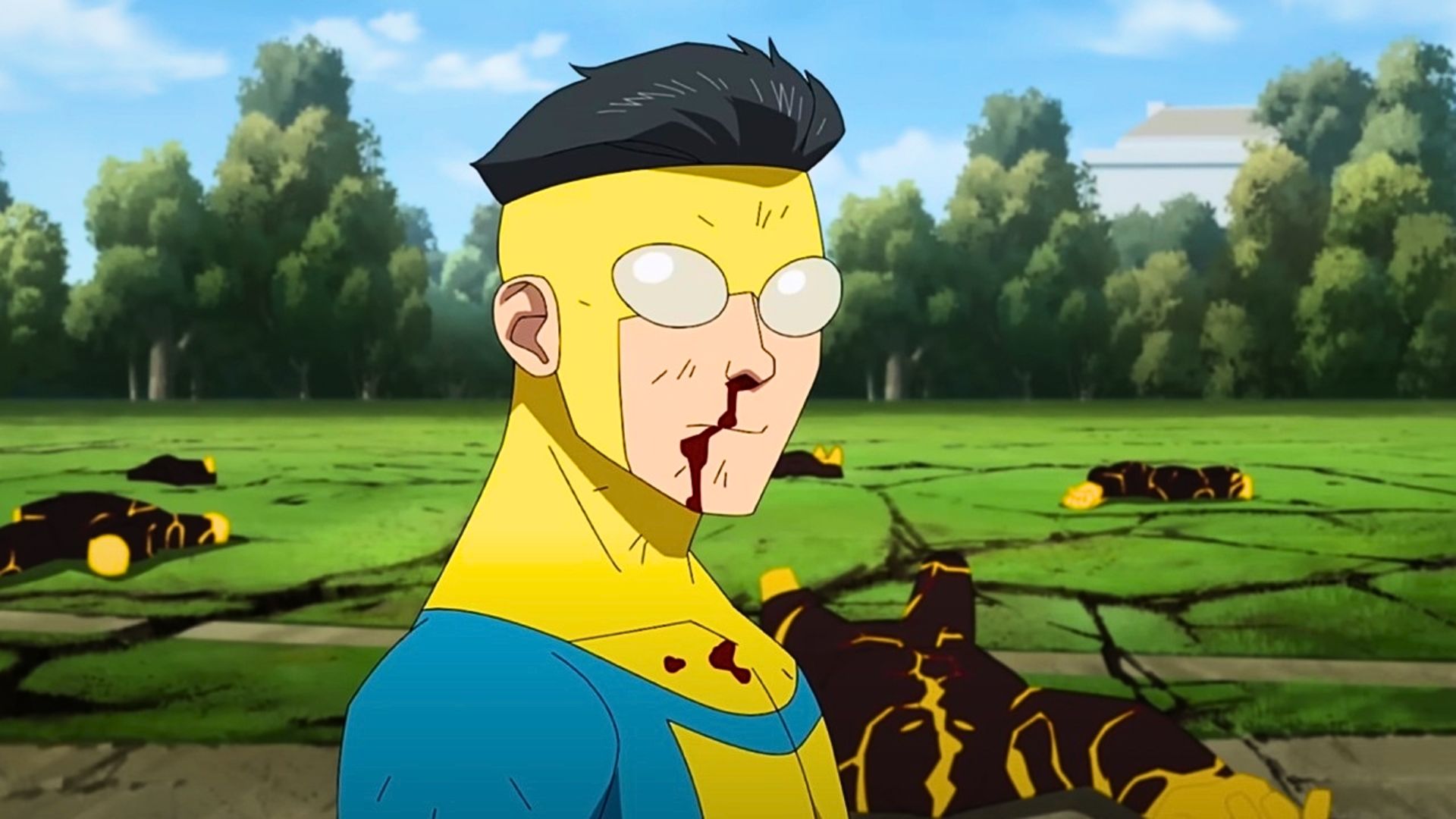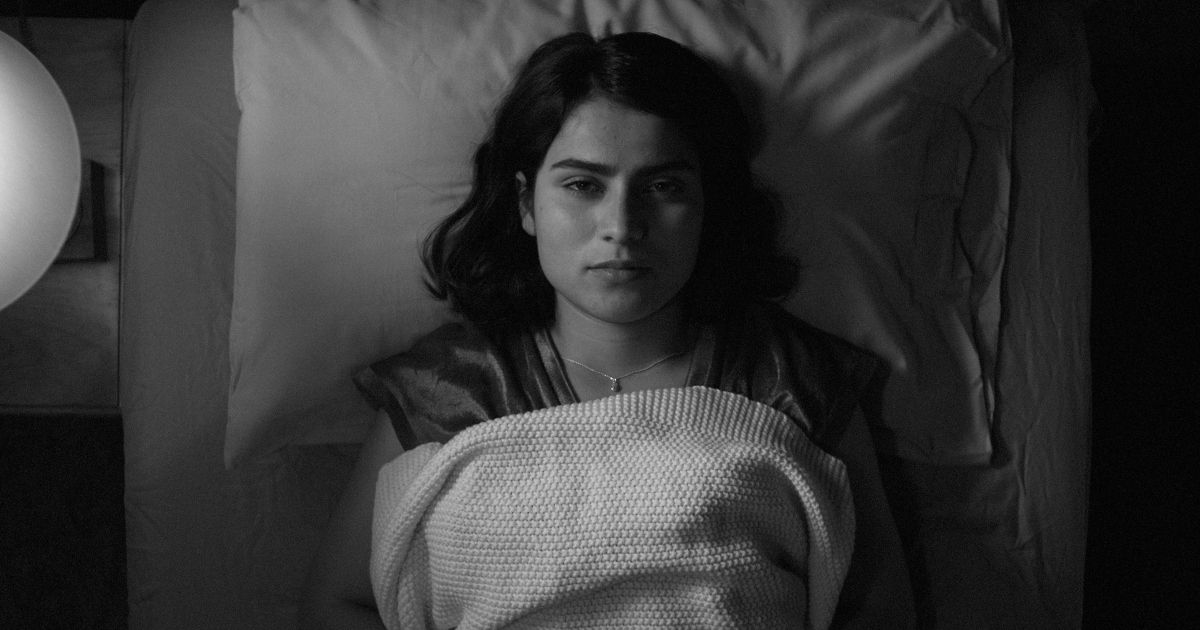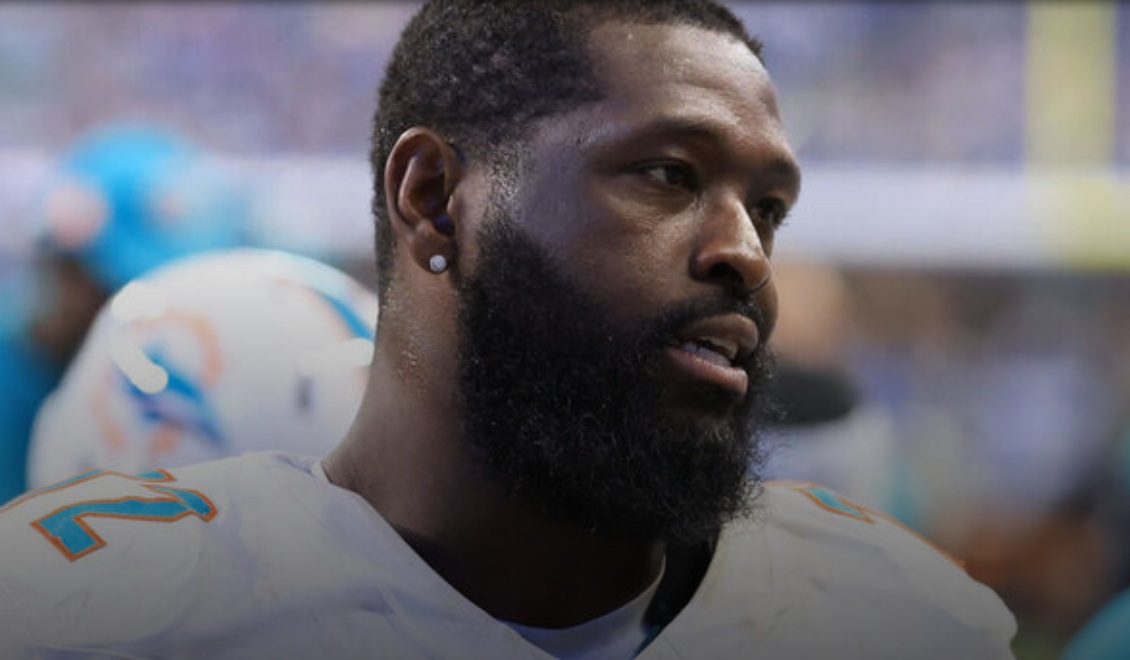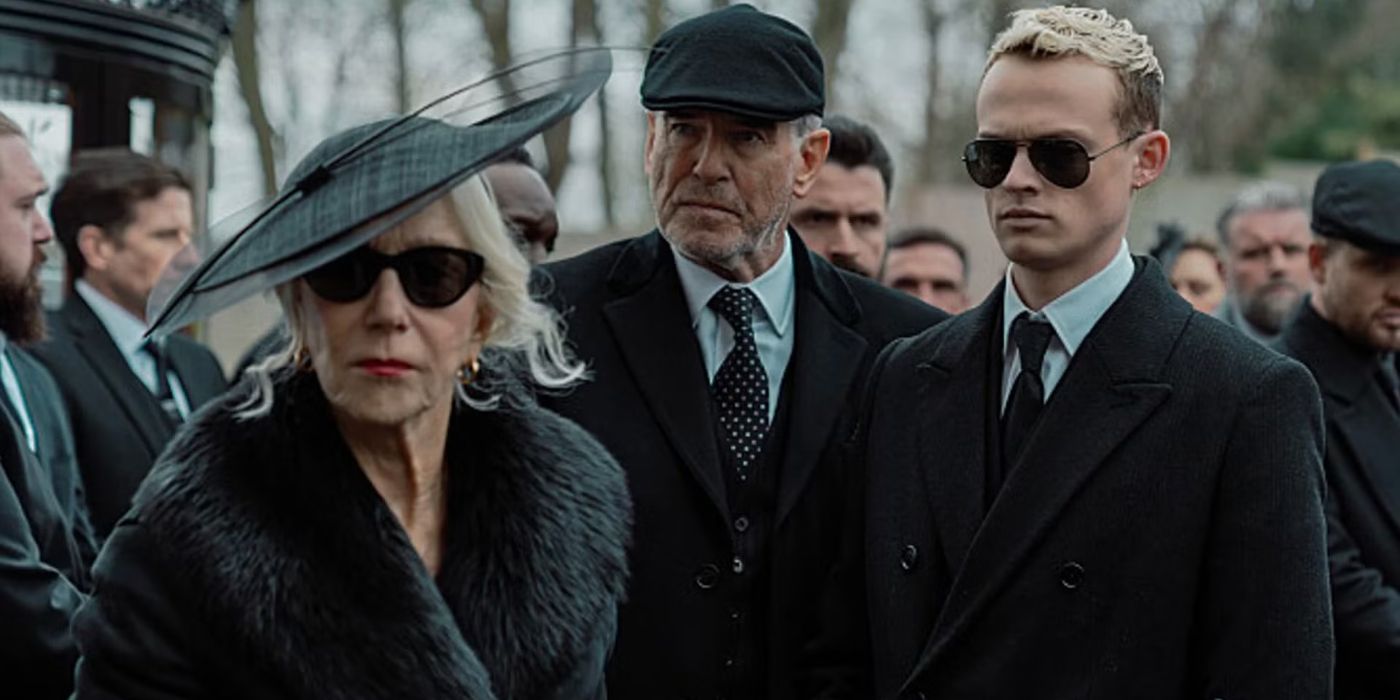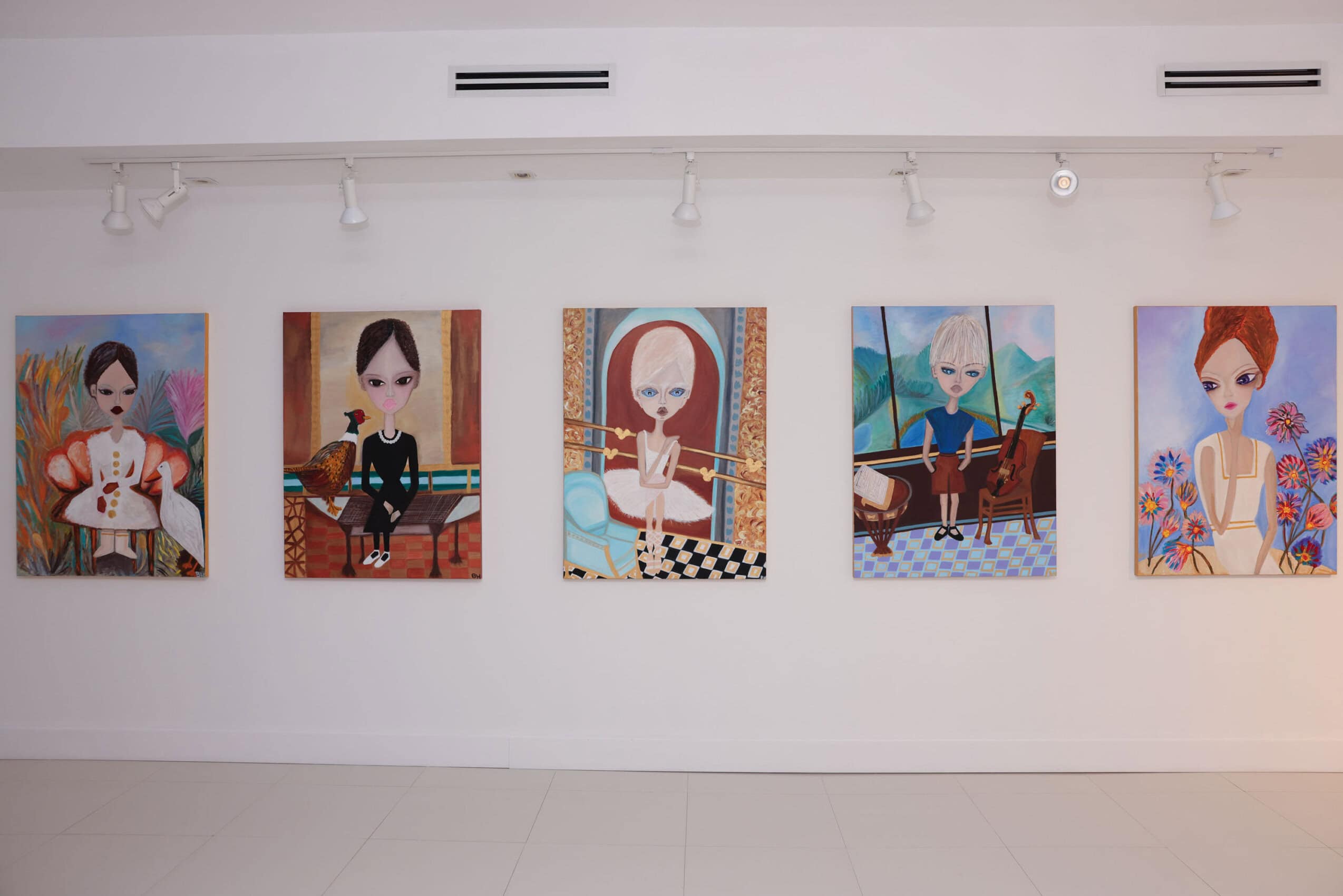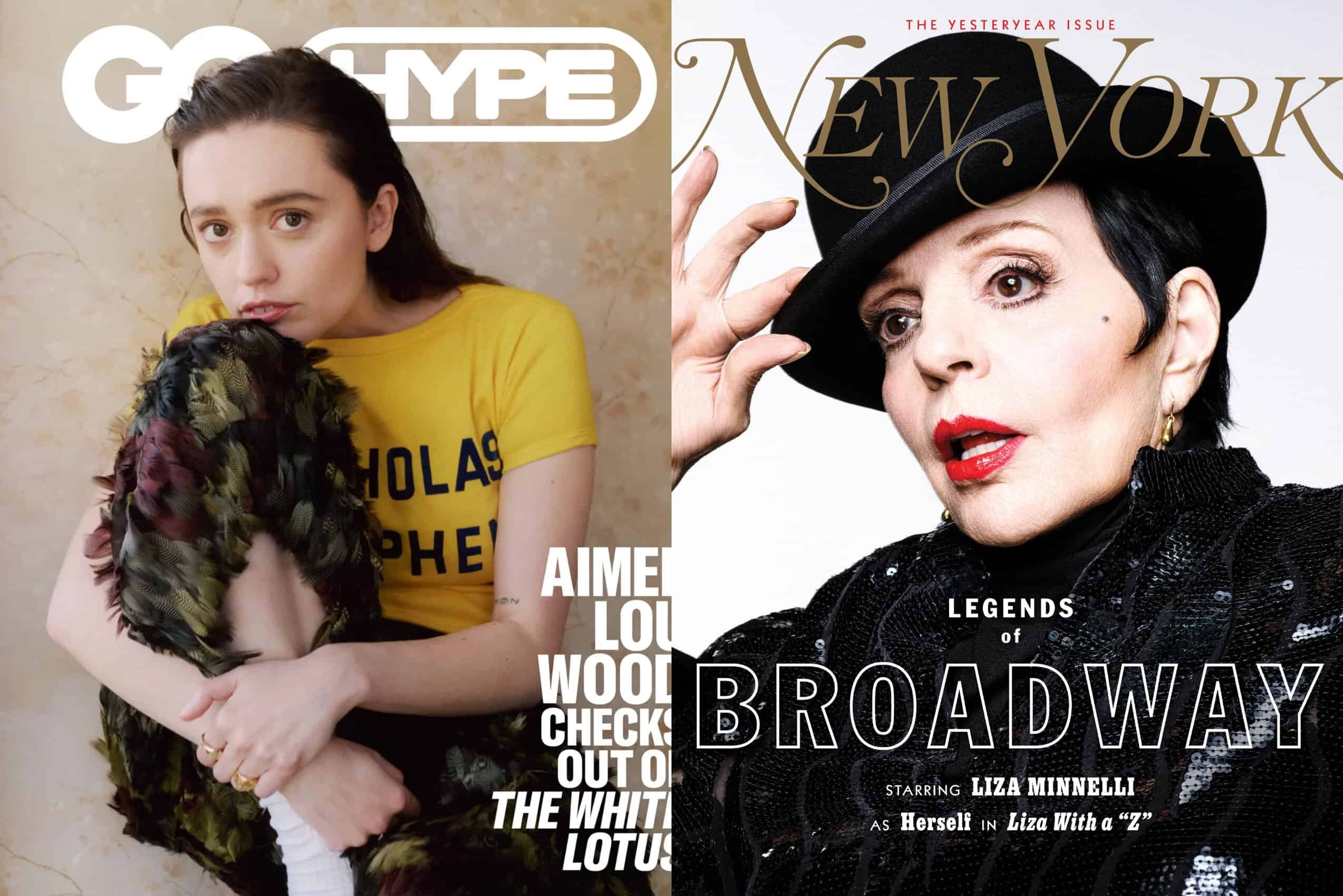The past two years of COVID-19 were lonely, for both audiences and cinemas, but the world is moving on. There are now two debating theories regarding how the cinematic landscape will incorporate the Coronavirus pandemic into its content. One is that audiences should expect what Dan Solomon calls “COVID movies,” films that either make a quick cash grab at the topical subject or actually and thoughtfully explore how this global trauma has affected humanity. The opposite hypothesis is that this will all be purposefully ignored in favor of more escapist and feel-good entertainment like musicals, superhero flicks, and romantic comedies. Jason Blum, the influential producer behind Blumhouse, tells Variety, “The last thing people want to watch is stories of people in isolation or wearing masks… People are sick of the pandemic. I don’t think you’re going to see a lot of movies that are explicitly about COVID.”
MOVIEWEB VIDEO OF THE DAY
Exactly what trend will dominate the film industry is as up in the air as airborne particles. What’s interesting about the new film 7 Days, however, is that it somehow strikes a balance between both polarities. It is absolutely a “COVID movie,” but one which is determined to be an uplifting and sentimental crowd-pleaser. It concerns itself with the fatal threats the pandemic posed, but is enthusiastically comical and unabashedly romantic. It is, weirdly enough, a sweet little film about a global pandemic.
Arranged Quarantine
Roshan Sethi’s first feature film concocts a silly but unique scenario in order to bring an odd couple together into a “will they or won’t they” situation. The culturally conservative mothers of two Indian-American twenty-somethings set up their children on dating sites which are more for arranged marriages than they are for hook-ups; think forever, not Tinder. Arranged marriages are something these young adults are familiar with, something that has been a traditional part of their lineage and thus is an expectation assigned to them. During their respective quests, Ravi and Rita get together for a first ‘date,’ though that term should be applied hesitantly.
They meet, masks on, for an uncomfortable picnic during which their utter lack of chemistry becomes clear. Ravi slips on gloves, scooches further away, and rambles incoherently while Rita looks on bemused but bored. It is the end of March 2020, and phone notifications update them on the fact that California has begun shutting everything down due to the pandemic. Ravi’s car service gets delayed, so the two of them wait at Rita’s house where, to Ravi’s gradual horror, she is revealed to be quite different than the conservative, submissive woman in search of an arranged marriage. Shutdowns contue throughout the day until the state government issues a ‘shelter-in-place’ order, so Rita does the right thing and offers Ravi a place to stay.
Her home, littered with empty food containers and drained wine bottles, absolutely disgusts Ravi. True to his culture and faith, he is a vegetarian who has never touched alcohol and she, despite her online claims to be a sober pesceterian, devours fried chicken and guzzles a beer the second she is able to. It turns out that her mother finances her lifestyle in the hopes that Rita will find a husband through an arranged marriage, and Rita goes along with it, arranged date after date, in order to continue living the way she wants to. Essentially, the way Rita wants to live (eating and drinking whatever and sleeping with whoever) is the absolute opposite of Ravi’s dreams.
So, the situation is developed– how will these two people, set up for an arranged marriage but actually complete opposites, be able to survive quarantine together? It’s a tad witless, but it sets up an interesting metaphor which the film will explore in greater depth. Ravi says that the ideal amount of time to know one’s partner before an arranged marriage is seven days, enough time to learn the fundamental basics regarding whether or not the two can even stand each other. This is compared to the quarantine scenario, in which the only two actors in the film (apart from offscreen voices) are forced to become acquainted with each other, their initial mutual disgust growing into something possibly romantic and real. The unique metaphorical trick of the film, then, is to use lockdowns and quarantines to elaborate an understanding of arranged marriages.
COVID’s Odd Couple
As mentioned, there are really only two actors in the entire film. 7 Days is bookended by documentary footage (recorded on Zoom or FaceTime, of course), in which various couples briefly describe their very real arranged marriages, ranging from one decade in length to several. Afterwards, it’s all Ravi and Rita, played by Karan Soni and Geraldine Viswanathan respectively. Soni, also the film’s co-writer, has become a reliably funny character actor ever since appearing in popular commercials for AT&T, though he headlined two delightful but brief, single-season shows, Betas and Paul Feig’s Other Space. Ryan Reynolds is evidently a fan, casting him in both Deadpool films and appearing with him in Pokemon Detective Pikachu. Soni’s Deadpool character was quite a hit, especially with Indian audiences delighted to see a Desi actor, someone who was born and originally lived in India. Though the characters are nearly caricatures, Soni is great with it, brimming with nervous energy and sweetness, existing comfortably at the intersection of obnoxiousness and hilarity.
20th Century Fox
Viswanathan, whose character is also highly stereotypical, does a good job locating the insecurities and traumas beneath the surface of the mocking, cynical Rita. The actress has had a busy few years, first breaking out in 2018’s Blockers and starring in six films and three television series since then. Her performance is indicative of how she’s become somewhat typecast as a sarcastic and sexual woman, similar to many of the roles Aubrey Plaza has played; nonetheless, she does it well.
Related: Odd Couple: The Second Season DVD Review
The ‘odd couple’ dynamic is exaggerated and predictable, entirely reminiscent of Walter Matthau and Jack Lemmon’s old routine — she is the charming rule-breaker who mocks everything and rolls her eyes as the piles of pizza boxes build around her; he is the rule-follower who cleans up after her and worries constantly but annoys the hell out of everyone. So, despite the committed performances, the caricatures are just a bit too typical for anyone seeking something original. The same goes for the plot, wherein two mutually combative and antagonistic people gradually fall in love. This has been done since Shakespeare’s Much Ado About Nothing with Beatrice and Benedick, arguably the first and best of their kind. The question isn’t “will they or won’t they,” the question is simply “when?” Luckily, the actors do have chemistry even when they’re not supposed to, thanks in large part to their extensive work together on the strange comedy series Miracle Workers over the past two years.
This is not to say that the film is unfunny or bad, especially for fans of traditional romcoms. While the developing romance and drama can be emotionally manipulative, there are plenty of humorous moments and tender touches, as when Ravi gets drunk for the first time in his life and performs a stand-up comedy act which begins hilariously before spiraling into a sad, revealing monologue. It slowly becomes clear that both parties here are afflicted by an aching loneliness, no matter how different their approaches are to dealing with it.
20th Television, Inc.
These Pandemic Times
What is truly special about the film, however, is its use of the pandemic and its exploration of arranged marriages. With the latter, 7 Days creates two characters with fundamental differences regarding the contested topic and uses them as a way to interrogate its nature, something which has been so common historically but is seen in current Western cultures as an authoritarian corruption of romance. Using the quarantine as a way to broach the subject of arranged marriage for Western audiences, the movie comes to some interesting conclusions about love and marriage which are largely absent from the romance genre at large. While not exactly picking sides in the argument, 7 Days questions viewer’s preconceptions and opinions in a genuinely thought-provoking way.
Then there is COVID. The majority of films which have dealt with this understandably tend to be horror– from the excellent Host and In the Earth to the cheap Corona Zombies and The Lockdown Hauntings, it makes sense that the horror genre would adapt quickly to the fears, claustrophobia, and paranoia of these pandemic times. Other films have utilized the restrictions of filming during the pandemic to create anthologies (like With/In and Social Distance) or movies set entirely on Zoom or iPhones (Language Lessons and Dashcam).
7 Days exists in a strange liminal space here. Roshan Sethi’s direction and Jeremy Macki’s cinematography is very much traditional; while it captures the claustrophobia of quarantine, it doesn’t seem restricted or affected by the virus in any noticeable way; the film has a cheery, well-lit atmosphere which compliments its rom-com leanings. It is also sweet and funny, if not predictable, and yet it deals so explicitly and realistically with the pandemic. It is both a “COVID movie” and an escapist romantic comedy. It is a film about loneliness, released after two exceptionally lonesome years, and yet one which refuses to let this lonely pandemic win.
Shout! Takes SXSW Award Winner Language Lessons Starring Mark Duplass & Natalie Morales
Read Next
About The Author
Matthew Mahler
(7 Articles Published)
Writer for Movieweb.com since 2021. Lover of film, philosophy, and theology. Amateur human.
You can view the original article HERE.






